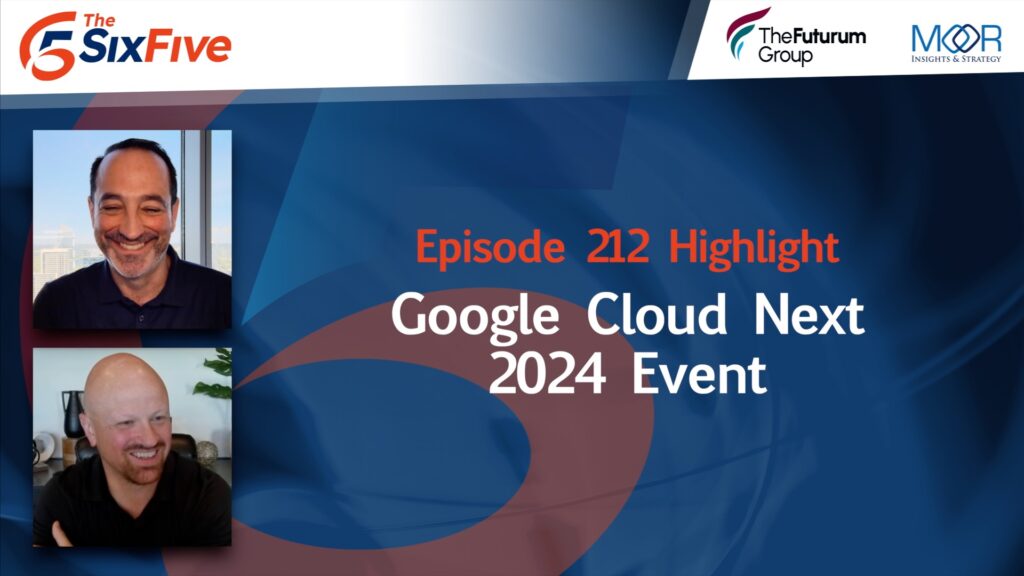Conduent: Human Touch is Still Needed, Even in Digital CX
A new report from New Jersey-based business process solutions firm Conduent points out that even digital channels need a human element, with 65% of consumers wanting an agent to respond in digital channels like chat, and engaging in conversational CX when warranted.
Findings from Conduent’s 2022 State of Consumer Experience Report also show that at least 70% of consumers describe CX as being excellent if they have either a strong relationship with the brand or an interaction that evokes a feeling of happiness. And 74% of consumers say brand interactions are successful because the agent is helpful, which is more important than efficiency (53%). Those results are in line with another finding that suggests there are two ways to win a consumer’s loyalty: by being very helpful (49%), and by having all of the consumer’s information available (34%).
To be sure, brands have been focused on customer service initiatives to increase customer loyalty and attract new customers, according to the report. One initiative includes training and enhanced processes for agents to handle more complexity, offer more empathy, and better personalize interactions (50%). A second initiative emphasizes the importance of listening to customer feedback and in identifying CX gaps (55%).
Jeff Weiner, vice president and general manager for customer experience management at Conduent, says the human touch is important and can be a differentiator for consumers in CX digital channels. “To truly resonate with consumers, customer experience needs to maintain ‘the human element’ and demonstrate expertise,” Weiner adds.
Bazaarvoice: Two-Thirds of Shoppers Prefer Omnichannel Shopping
The line between online and offline shopping continues to blur and is becoming more fractured, with most consumers seeking out multiple touchpoints before they arrive at a purchase decision, according to a new report from Bazaarvoice, the Austin, Texas-based provider of product reviews and user-generated content (UGC) solutions. Moreover, shoppers influence fellow consumers at all stages of the purchase journey through UGC, such as product ratings and reviews, with social media playing an increasingly important role in discovery, research, and conversion, the report notes.
The findings, based on the results of a survey of more than 6,000 global shoppers and 400 retailers, are contained in Bazaarvoice’s 2022 State of Omnichannel Shopping report.
A key finding shows that two-thirds of shoppers prefer omnichannel shopping, with 66% opting for a hybrid shopping experience encompassing both in-store and online channels, compared to 25% choosing in-store alone and 8% picking online only. The same percentage of shoppers—66%—use their smartphones in-store to compare prices, look up product reviews, obtain advice from family and friends, and watch product demos.
Shoppers are also increasingly influenced by social, with one in five consumers saying they shop on social media, mostly on Facebook shops (41%), but also via the Instagram stores of influencers (37%) and through ads on Instagram (36%). Online research is universal, with both online and in-store shoppers conducting research online prior to purchase. And as always, price is key: After seeing a product online, 80% are more likely to go in-store when an item is costly.
Redpoint Global: Good Patient Experience is of Paramount Value
The majority of consumers rate good patient experience as a supremely important component when interacting with a healthcare provider, and patient experience is also a main factor as to why individuals choose to switch providers or healthcare plans, reveals new research from customer engagement software firm Redpoint Global.
Related Article: Adobe Expands Digital Transformation Capabilities to Healthcare and Patient Experience
Findings from the Redpoint research show that 41% of patients will leave their provider because of poor patient engagement, and that 38% cite a lack of personalization and patient understanding as a reason to consider changing services. More than half of respondents say the top consideration when choosing a provider is how well they understand the patient as an individual beyond basic patient data. Furthermore, 45% expect healthcare brands and providers to proactively contact them, at the right time and in the right context, to help improve wellness and care.
“The patient’s expectation for their healthcare experience has fundamentally shifted in recent years,” says John Nash, chief marketing and strategy officer at Redpoint Global. “Communication and personalization matter much more—particularly as consumers engage with multiple channels across their healthcare journey.”
Healthcare is also deeply impacted by the changing attitudes of different generations. In the US, more than 80% of Baby Boomers rank patient care as very important, compared to 69% for Gen Z. Older consumers are also less likely to embrace alternative forms of healthcare services.
Pegasystems: Changing Landscape Calls for Preemptive Customer Service
Preemptive customer service technology is becoming a must-have for businesses committed to meeting the needs of their customers, with nearly two-thirds of respondents saying that a primary goal in the next five years is to anticipate and solve the needs of customers even before they reach out, according to new research from Pegasystems, the provider of a low-code platform and workflow automation solutions.
The findings underline a shift toward customer-centric technology as being the solution to the challenges posed by more demanding, digital-savvy customers. Approximately 80% of respondents say deploying customer service technology to improve efficiency is one of their most important priorities during the next five years. At the same time, 55% cite a lack of investment in new technologies as among the top three challenges that agents face in handling growing customer expectations.
Related Article: New Report Affirms Imperative Role of CXM Solutions for 2022
The study also identifies several changes in the way customer service will look in the next five years. For one, the customer of the future will expect consistent service across all channels. AI is likely to play a big role in helping organizations tackle barriers to improving customer service. And contact centers can expect a major tech upgrade as organizations come under increasing pressure to reduce costs, which will result in a decrease in the number of agents.
“The entire customer service landscape is changing,” says James Dodkins, customer service evangelist at Pegasystems. “Where once it might have been enough to react to customers and their concerns, tomorrow’s successful businesses know that they will need to preempt them and take action before they become an issue.”
New South Wales in Australia Launches World’s Biggest CX Survey
The state government of New South Wales (NSW) in Australia has announced the results of what it says is the world’s biggest CX survey, measuring the satisfaction and trust levels of approximately 30,000 customers of the state’s public services.
For the period spanning January to June 2020, data from the survey known as CXS was released as part of a new State of the Customer Report. Given the public commitment that NSW has made to be the world’s most customer-centric government by 2030, the survey provides benchmarks for NSW against fellow Australian states Victoria and Queensland, as well as for six leading international jurisdictions, including New Zealand, Singapore, Canada, and Denmark.
Overall, the CXS survey covers 37 service lines and more than 550 different interactions across the breadth of the NSW government. CXS results so far for NSW have been favorable all around: 77% of the state’s customers feel it is easy to interact with government services; 75% express satisfaction; and 73% trust that the services are working in their best interest. NSW also leads the pack in satisfied users with a 76% score, ahead of Singapore with 75%, and Victoria with 74%.
On trust, Singapore rates highest with 76% approval, followed by NSW with 74% and Victoria with 73%. Denmark, rated by a United Nations study as having the world’s most advanced digital government, is in fourth place with a 71% score.
The survey also measures NSW government service delivery against private sector services and federal government services. NSW ranks second (61%) after banks (62%), but ahead of telecommunications (59%), and energy retailers and aviation (both at 55%). Local government scored 52%, while federal government services scored the worst with 49%.
Overall, the CXS survey covers 37 service lines and more than 550 different interactions across the breadth of the NSW government. It operates on a continuous or “always on” basis, with data given as feedback to agencies and portfolios to provide insight on service performance.
Author Information
Alex is responsible for writing about trends and changes that are impacting the customer experience market. He had served as Principal Editor at Village Intelligence, a Los Angeles-based consultancy on technology impacting healthcare and healthcare-related industries. Alex was also Associate Director for Content Management at Omdia and Informa Tech, where he produced white papers, executive summaries, market insights, blogs, and other key content assets. His areas of coverage spanned the sectors grouped under the technology vertical, including semiconductors, smart technologies, enterprise & IT, media, displays, mobile, power, healthcare, China research, industrial and IoT, automotive, and transformative technologies.
At IHS Markit, he was Managing Editor of the company’s flagship IHS Quarterly, covering aerospace & defense, economics & country risk, chemicals, oil & gas, and other IHS verticals. He was Principal Editor of analyst output at iSuppli Corp. and Managing Editor of Market Watch, a fortnightly newsletter highlighting significant analyst report findings for pitching to the media. He started his career in writing as an Editor-Reporter for The Associated Press.









